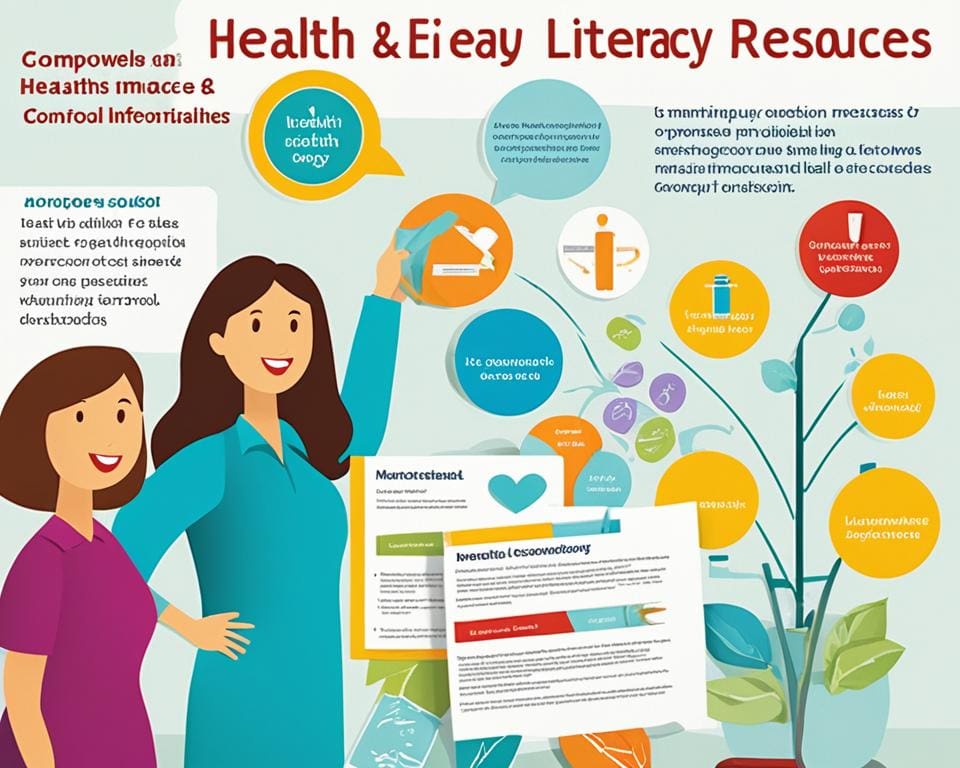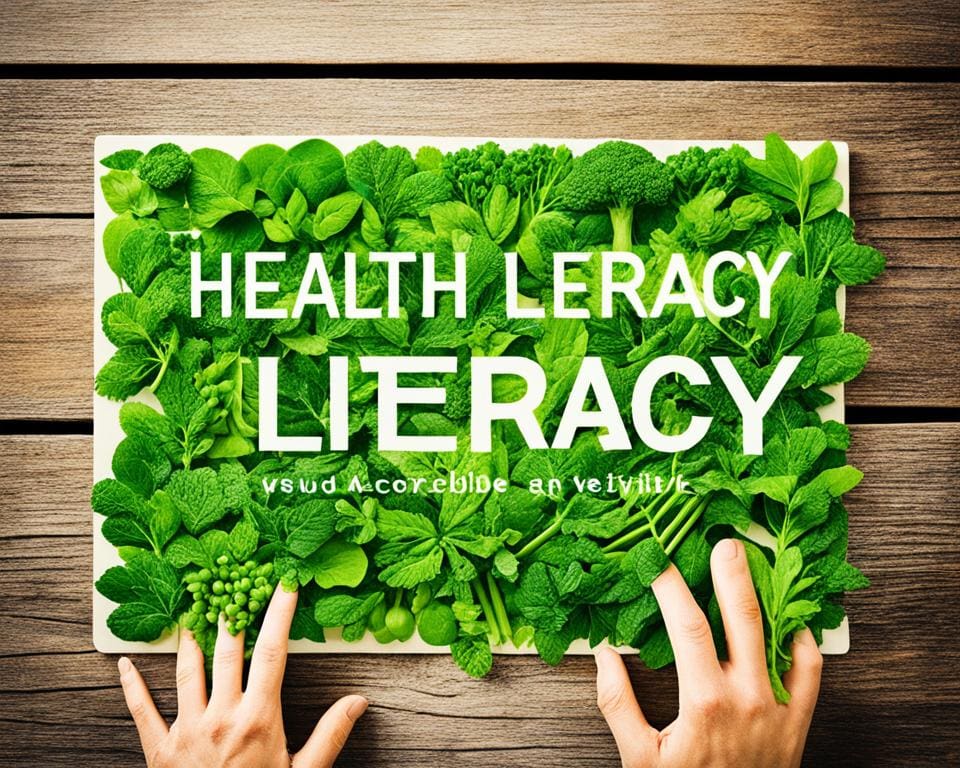In today’s fast-paced world, understanding health information is more crucial than ever. So, what is health literacy? It is the ability to obtain, process, and understand basic health information and services, which forms the foundation for making informed health decisions. The importance of health literacy cannot be overstated; individuals equipped with strong health literacy skills are better able to engage in preventive care, manage chronic conditions, and navigate the complexities of the healthcare system confidently.
As research indicates, there is a substantial link between high health literacy and improved health outcomes. In fact, studies conducted by the American Medical Association reveal that patients who grasp their medical conditions tend to adhere better to their treatment plans. By enhancing health literacy, individuals can empower themselves to take control of their health and well-being.
Understanding Health Literacy
Health literacy plays a vital role in the ability to navigate the often complex landscape of healthcare. It encompasses more than just reading medical instructions or understanding prescriptions; it involves an overall comprehension of health information in various contexts. This concept is crucial for individuals seeking to make informed decisions about their health and wellness. By enhancing one’s capacity to interpret health materials and access available resources, the journey towards better health can become significantly more attainable.
Health Literacy Definition
Health literacy can be defined as the degree to which individuals can obtain, process, and understand basic health information and services necessary for making appropriate health decisions. This definition includes the capability to read prescription labels, comprehend medical terminologies, and effectively access relevant health literacy resources. Strong health literacy contributes to improved self-management of health and empowers individuals to engage proactively in their healthcare.
The Role of Health Literacy in Decision Making
The influence of health literacy on decision-making is profound. Those armed with effective health literacy strategies feel more confident when weighing options related to treatment and preventive measures. A solid foundation in health literacy allows individuals to ask pertinent questions and discern between various health-related choices. Additionally, access to health literacy resources, such as community workshops or online tools, enhances the ability to make sound and informed health decisions. Research demonstrates that enhanced communication between healthcare professionals and patients leads to better health outcomes, further emphasizing the significance of robust health literacy skills.

What is Health Literacy
Health literacy encompasses a range of skills crucial for navigating the healthcare system effectively. Understanding its key components can empower individuals to make informed health decisions, leading to better personal and community outcomes.
Key Components of Health Literacy
Health literacy involves several essential skills, such as:
- Reading and comprehending health information
- Listening to medical advice and instructions
- Analytical skills for interpreting health data
- Decision-making abilities related to personal health
These components are integral for individuals to engage fully in their health journeys, fostering an environment where improving health literacy becomes a priority.
Importance of Health Literacy for Individuals and Communities
High health literacy contributes significantly to both individual and community well-being. Those with strong health literacy skills are better equipped to:
- Understand medical instructions, leading to improved adherence to treatment plans
- Interpret numerical health data, enhancing personal health management
- Communicate effectively with healthcare professionals, ensuring clarity in health discussions
Communities benefit as well; health literacy programs strengthen community resilience, reduce healthcare costs, and minimize health disparities. When everyone understands health information, it raises overall community health standards.
Health Literacy Skills Needed for Better Health Outcomes
Essential health literacy skills include:
- The ability to read and understand prescription labels
- Evaluating the credibility of health information sources
- Engaging in personal health discussions and decision-making
By investing in health literacy programs, individuals gain the abilities necessary to navigate their health challenges successfully. Such investments pave the way for improved health outcomes and a more informed population.
Strategies for Improving Health Literacy
Enhancing health literacy is essential for empowered communities. One effective approach involves integrating health literacy-focused curricula in educational institutions. By introducing these concepts early, students cultivate a strong foundation for making informed health decisions throughout their lives. Ensuring that health materials are clear, accessible, and engaging is also crucial; this not only aids comprehension but fosters a sense of agency among individuals.
Community health initiatives play a pivotal role in promoting dialogue surrounding health topics. By encouraging open discussions, organizations can demystify health information and address various concerns. Technology can serve as a powerful ally in these endeavors, with mobile health applications and telehealth services providing easy, on-demand access to vital health information. Such health literacy strategies ensure that diverse populations have the tools needed to navigate their health journeys confidently.
Ongoing health literacy research is essential to identify the unique challenges faced by specific groups. Tailored interventions can significantly improve outcomes when addressing the distinct needs of diverse communities. Collaboration among health organizations, policymakers, and educational institutions can pave the way for comprehensive health literacy programs. These initiatives should aim to not only educate but also inspire a lifelong commitment to health and wellness, empowering individuals with the knowledge and confidence they need to thrive.









